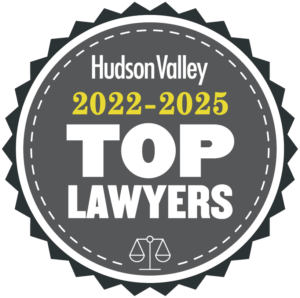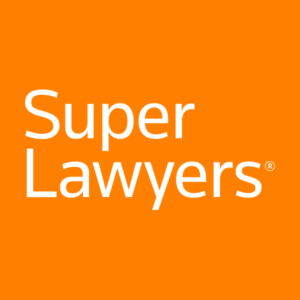By Robert Irving Miller, R.N., M.S., J.D., May 7, 2025
Licensed professionals – including physicians, nurses, pharmacists, and others – should be aware that pleading guilty to any crime, whether a felony or misdemeanor, can place their professional license in jeopardy, even if the conduct had no connection to the practice of their profession.
Under New York Education Law § 6509, a conviction for any act that constitutes a crime under New York law, federal law, or the laws of another jurisdiction is considered professional misconduct. For most licensees, professional discipline is administered by the New York State Education Department (NYSED); physicians and certain others are subject to oversight by the New York State Department of Health’s Office of Professional Medical Conduct (OPMC).
Unfortunately, we have seen cases in which a licensed professional accepted a guilty plea to a questionable criminal charge simply to avoid the financial and emotional cost of defending a criminal case – believing the matter would end there. In some instances, neither the professional nor the criminal defense attorney recognized that the plea would automatically trigger a professional misconduct investigation and likely lead to disciplinary action against the professional’s license, including suspension, revocation, censure, or a substantial fine.
Convictions are reported to the relevant licensing agency, and in many cases, no further investigation is required: the conviction itself is proof of misconduct. However, the agency may still examine the surrounding circumstances and other aspects of the professional’s conduct. In one recent case, a professional who pled guilty to a misdemeanor was fined by the licensing board in an amount equivalent to the cost of mounting a criminal defense – because the board concluded the licensee had, in effect, admitted guilt.
A suspended license may also result in placement on the federal exclusion list, which bars employment in any capacity by any facility or practice that receives Medicare or Medicaid funding. Getting off this list can be a lengthy and difficult process—even after a license is reinstated.
The takeaway is clear: Any licensed professional who is arrested or charged with a crime should consult not only with a criminal defense attorney, but also with an attorney experienced in professional disciplinary proceedings. A conviction may resolve a criminal case but can lead to serious, lasting consequences for the professional’s license and career.
Our firm has significant experience advising and defending licensed professionals in both criminal and disciplinary matters. We welcome inquiries from professionals or attorneys seeking guidance in these complex, high-stakes situations.
This communication is for educational and informational purposes only and is not intended to provide, and should not be relied upon as, legal advice for any specific situation. It does not create an attorney-client relationship between the reader and our firm or any of its attorneys. Legal outcomes depend on the specific facts and circumstances of each individual matter.
Readers are strongly encouraged to consult with a qualified attorney regarding any legal questions, concerns, or decisions related to criminal charges, professional licensing, or disciplinary proceedings.
Copyright 2025, Sholes Miller Rodriguez & Brown, PLLC






